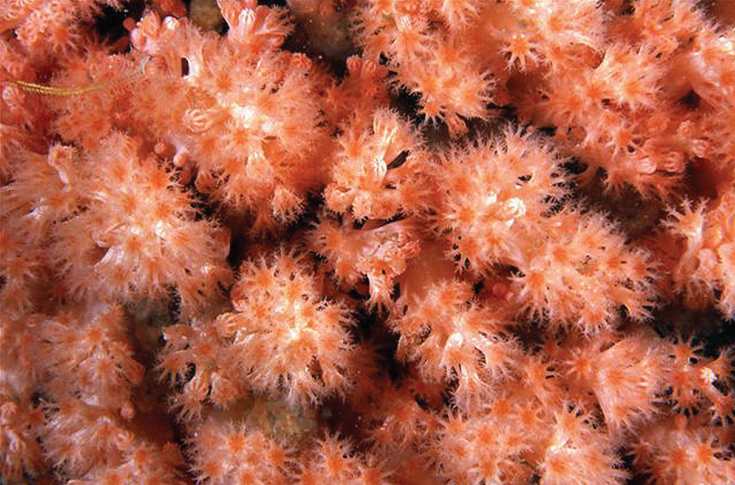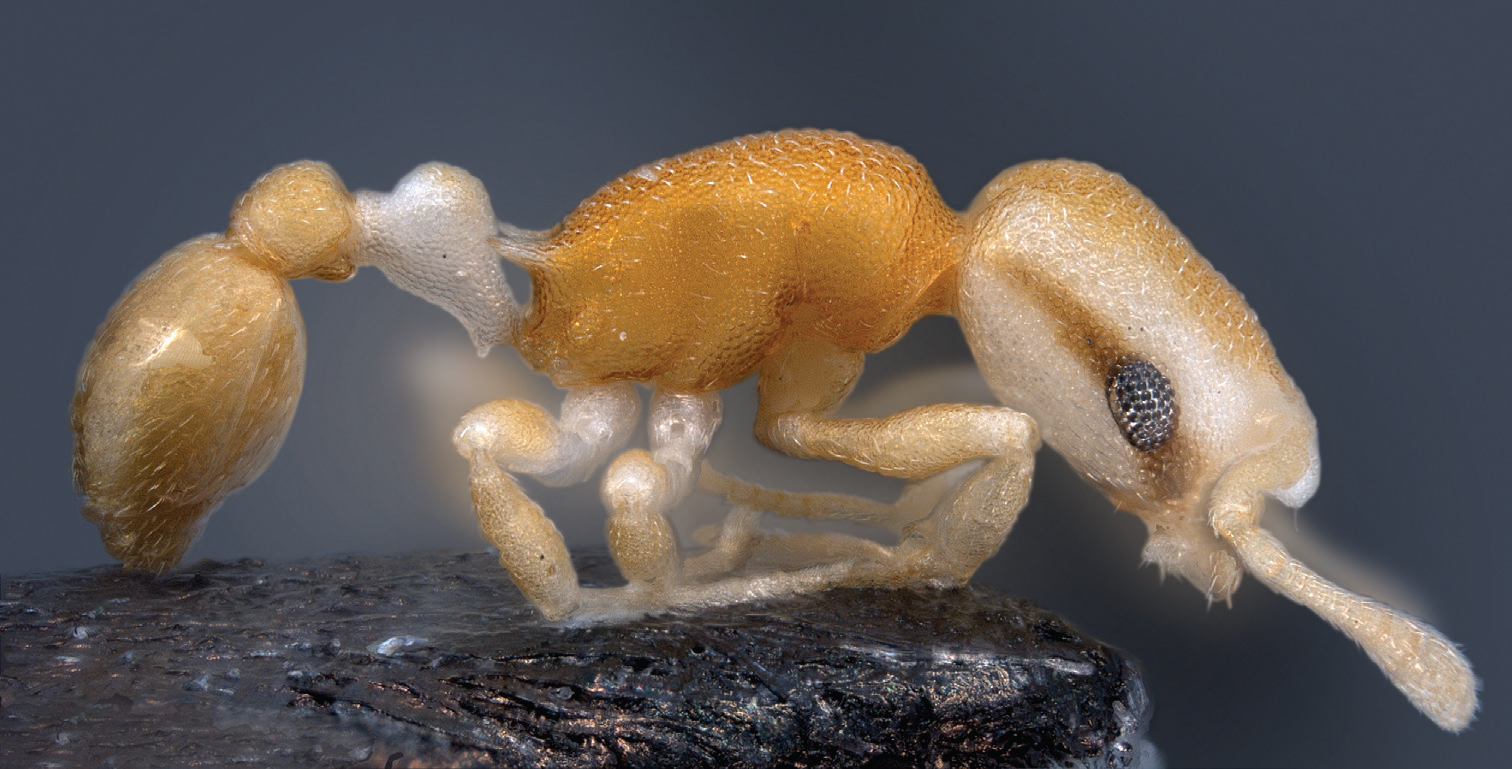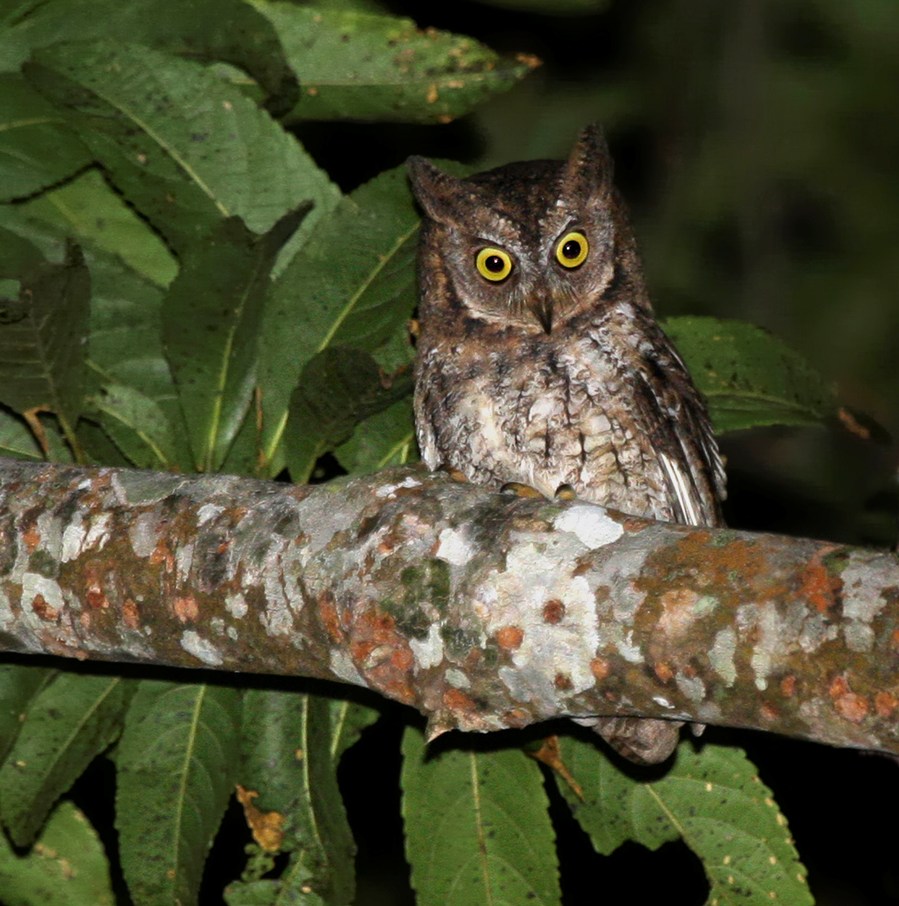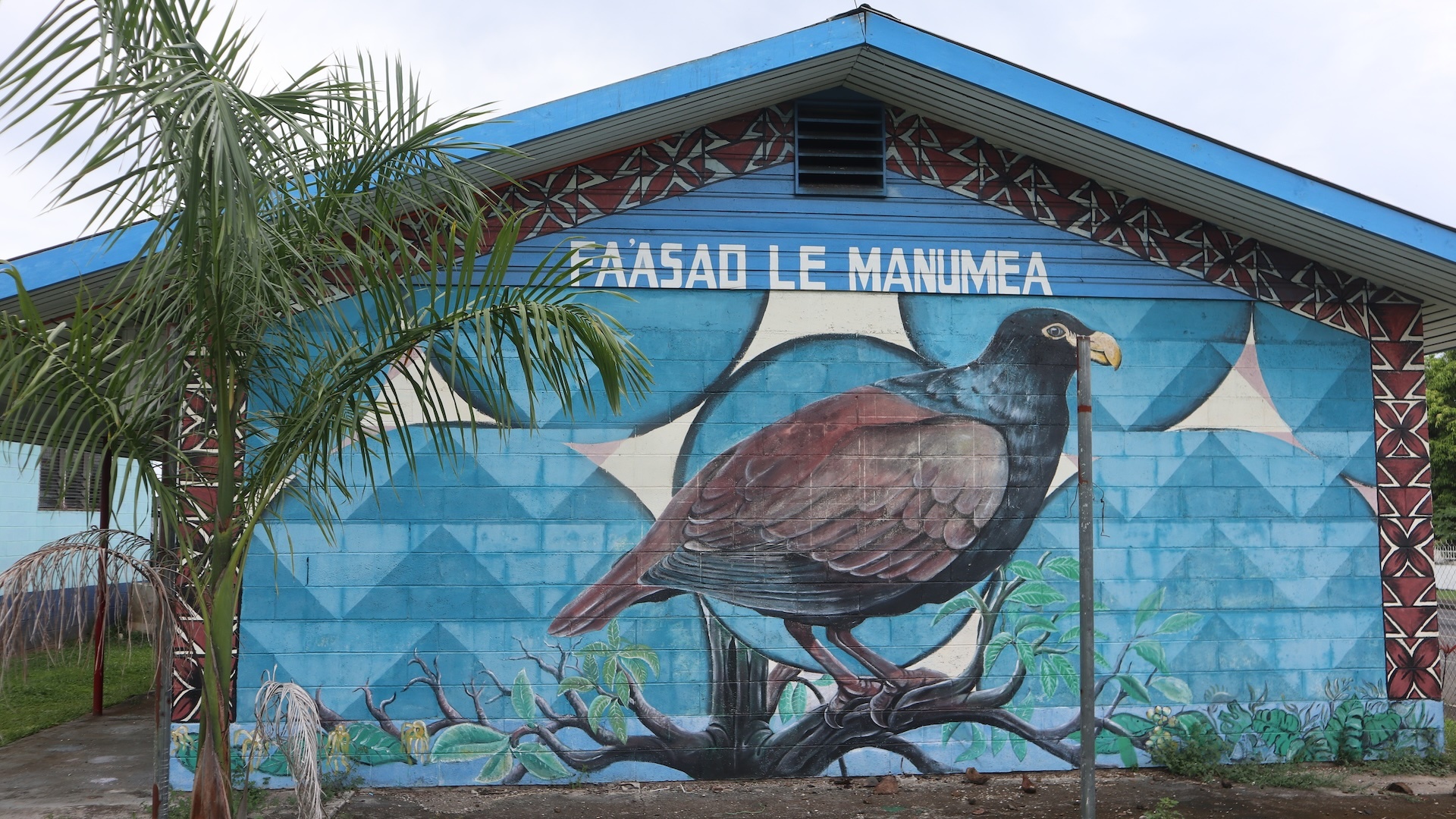13 Amazing Species Discovered in 2013
Octocoral

In a tide pool on the outskirts of San Diego and under 40 feet (12 meters) of water off the coast of British Columbia, scientists found two new species of octocoral, so named because they have eight tentacles around their mouths. Both are types of soft coral, which make up about two-thirds of all coral species. The San Diego species was named Cryptophyton jedsmithi — it's genus name means "hidden creature," apt for an animal that just looks like brown film. The other species (Gersemia lambi) has pinkish polyps with orange centers that make it look like a flower, according to one of the scientists who described it.
Aaargh, matey!

Scientists were rooting around some stones in a Philippine rainforest when they spotted an ant with an unusual feature: a dark stripe over its eyes that looked something like an eye patch. They dubbed it a "pirate ant" (formal name, Cardiocondyla pirate). Just what the purposes of the patches are is uncertain, but it's discoverers speculated that it could be to distract predators.
Whoooo are you?

Two members of a field expedition on opposite ends of the Indonesian island of Lombok heard the calls of an owl and realized they were unique. The bird had long been overlooked as a distinct species because its appearance is similar to another owl. The owl has been named the Rinjani scops owl (Otus jolandae), as it is commonly found in the foothills of Mount Rinjani, a large volcano on Lombok.
Get the world’s most fascinating discoveries delivered straight to your inbox.

Andrea Thompson is an associate editor at Scientific American, where she covers sustainability, energy and the environment. Prior to that, she was a senior writer covering climate science at Climate Central and a reporter and editor at Live Science, where she primarily covered Earth science and the environment. She holds a graduate degree in science health and environmental reporting from New York University, as well as a bachelor of science and and masters of science in atmospheric chemistry from the Georgia Institute of Technology.


